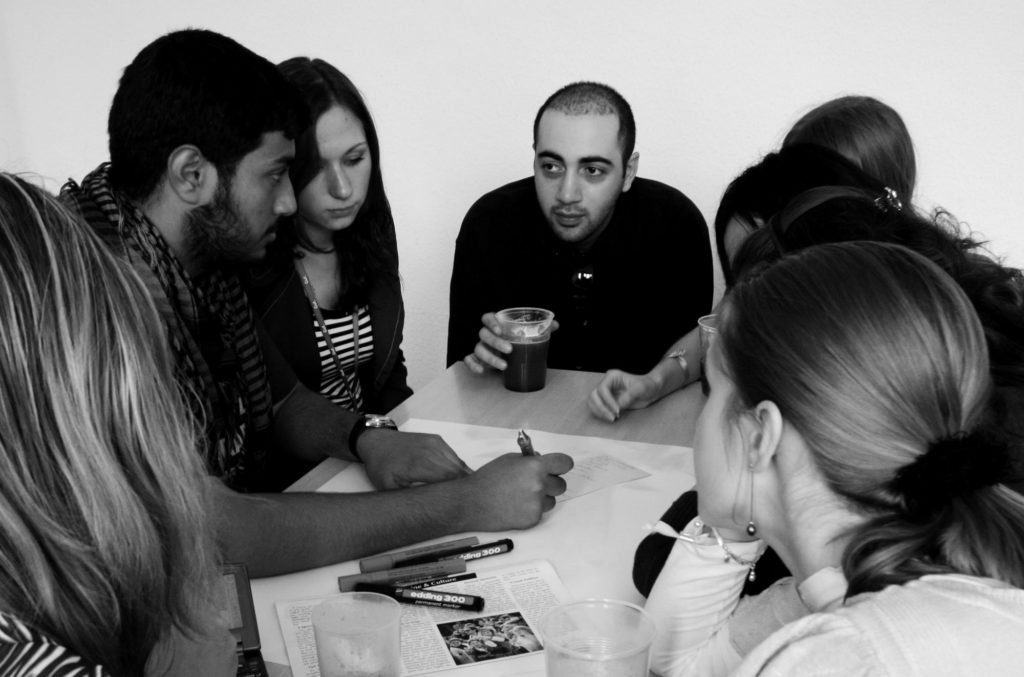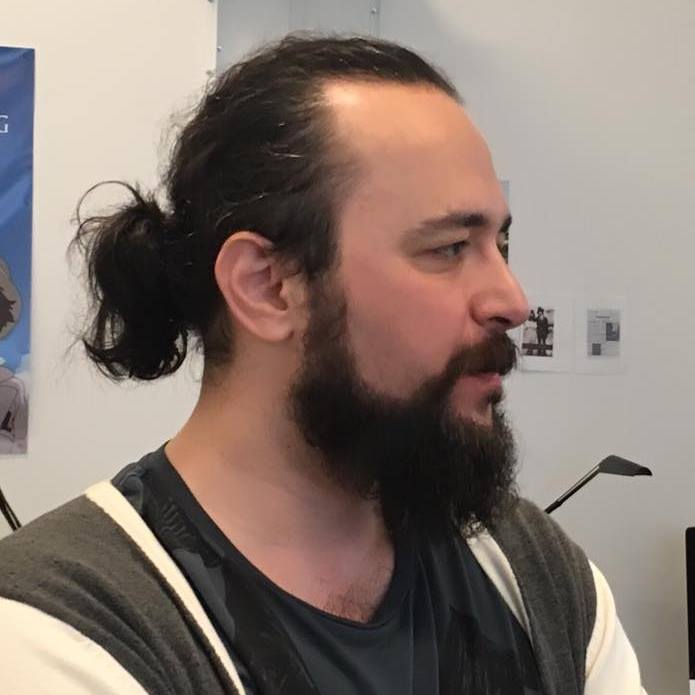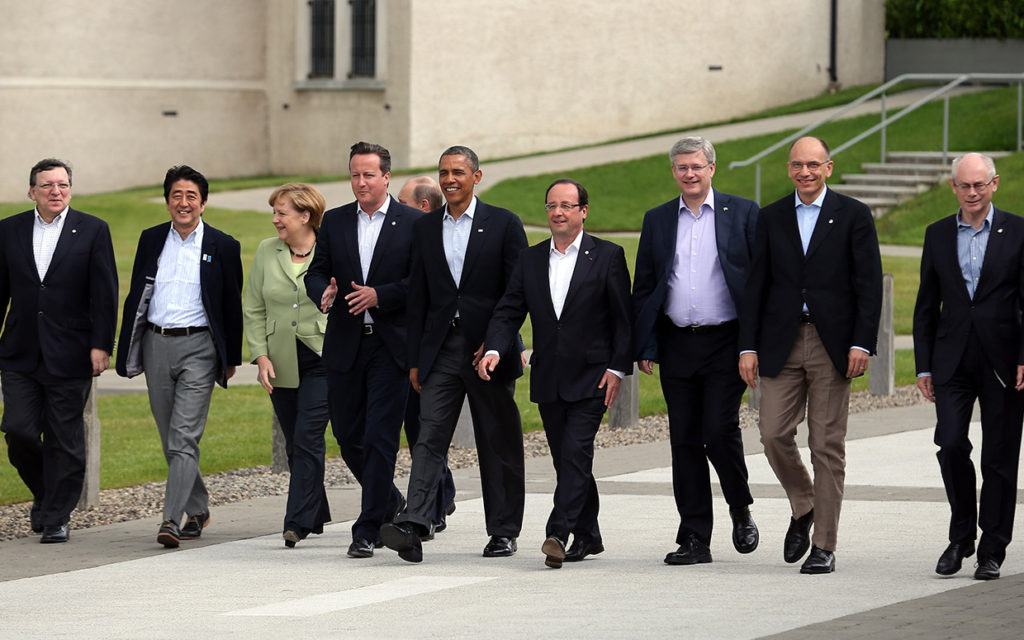This week I had a really nice correspondence with Anna who emailed me about her experiments with washing less. I was very much touched by her enthusiasm and curiosity and asked her to write about her experiences. Here is what she sent.
Hi there, my name is Anna, I am a 18 y/o girl living in France. I follow a horticulture training and I hope to become a gardener and landscape designer. I am a vegetarian and I love animals (deeply involved in animal protection). I feel also strongly concerned in environmental protection, saving resources and sustainability. I am also involved in charity and help to homeless girls.
As an example of my ecological commitment , I constantly try to decrease my energy and water consumption as much as possible by wearing warm clothes when cold (so maintaining 18-19°C at home), switching off light when lighting is unnecessary and limiting the frequency and duration of showers. In fact, I usually shower twice a week, more if necessary but also less in winter and during weekends and vacations.
I exclusively wear heavy cotton sweatpants (so comfy!) with soft hoodies, and blue jeans and sweaters. I am aware that such garments made of cotton are not environment friendly to make. For this reason I mainly purchase unwashed dark blue denim jeans (the making of which consumed less water) rather than stone washed jeans. Moreover the way they naturally fade and become well-shaped and worn on my body make them unique(so cool!). I have a limited number of clothes: 2 blue cotton sweatpants and hoodies (one for home and sleeping, the other for sport training) Â and 3 pairs of jeans and 3 sweaters,1 Â jean overall and a blue work coverall. In my ecological approach, I also decided to space out their washing. I must admit that they go for a wash only when looking really dirty and stinky. No problem for that since I have no washer in my small studio flat! As an average, I wash those pants and sweaters only after wearing them 3-5 months each. Although they get a strong smell of me, they do not seem to be too messy and stinky. I must admit that I do not keep them all so longer for environmental reasons only but also because I love the way they look and smell, the smoothness of their fabric and the history they keep and bring. I was even wondering if I could simply keep them all unwashed… Should save much water and energy!
Of course, I tried to convince my parents however they are quite reluctant to reduce showers and laundry frequency. My little sister (16 y/o), who is a low washer too, was keen to keep her jeans, sweaters and sweatpants bottoms unwashed for longer time and even for not washing them at all. Actually she has to deal with our mother and she got used to wash them every other month (and less frequently when possible). My cousins also accepted to decrease showers and laundry frequency to the strictly necessary as did some of my friends as well. We frequently meet wearing dirty jeans and if it is true that we noticed that their smell is more intense after 3 months, nobody found that disgusting. Jeans and sweatpants smell like our bodies though they tend to concentrate smell. Somebody told us that (when meeting in a room) it smelled like dirty linen, but this was not really bothering.
From this viewpoint, I mainly got derogatory remarks from my mother who stated that my unwashed clothes smell bad but most of those who were asked about found that the smell was rather “strange”, “human” or “not bad at all” and defined it as “intense and mysterious”. Presently, one of my jeans is turning yellow-grey on the thigh, the butt and the pockets edges with a strong smell of dirty linen and the fabric has got a “cold” touch which means (I fear) that time has come to wash it. My two pairs of sweatpants have also reached the “go to wash” point however I hesitate to put them to the laundry because they are too comfy (I do not mention my blue work coveralls which are filthy as any coverall must be ;). Any comment will help me to take the decision ;). Anyway, I keep to the low washing style and try to communicate about that in order to popularize these laundry habits because it is cool and it contributes to reduce our impact on the environment.
- Anna, Anna.Berthauld@gmail.com



 My thoughts on the popular claim that the military coup attempt was fake; it was staged by the Turkish government to design suitable conditions for a political system change:
My thoughts on the popular claim that the military coup attempt was fake; it was staged by the Turkish government to design suitable conditions for a political system change:
